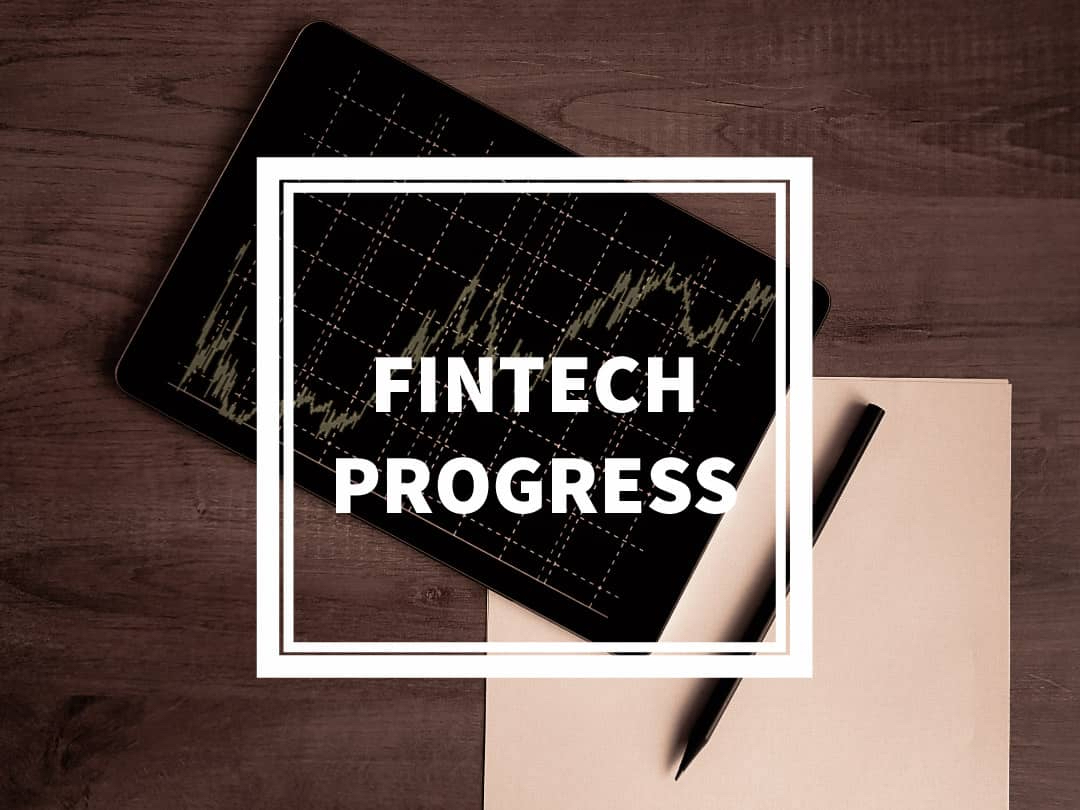
By: Jotham Lim
There is no denying that Fintech companies are gaining global momentum, especially with the success of companies such as Stripe, Coinbase and Robinhood in the United States, and Ant Financial, Adyen and Qudian in China.
Digital e-wallets, SME finance solutions, foreign exchange services etc., all of which are just a sneak peak of what the Fintech industry has to offer.
Entrepreneur Insight has approached Prashant Aggarwal, Chief Commercial Officer of CompareAsiaGroup, and Benny Chee, Country Manager of CompareAsiaGroup, to get their insights on the issues pertaining to the local Fintech market.

Benny Chee, Country Manager of CompareAsiaGroup

Prashant Aggarwal,COO of CompareAsiaGroup
Q. What are the problems that the traditional financial institutions have, that Fintech companies are aiming to disrupt?
Prashant:
While the entire service industry have moved to instant gratification, traditional financial institutions still takes way too long to provide a proper response. For example, when you are applying for a credit card or a loan, how long does it take for you to be notified whether you are approved or rejected?
Speed is just one out of many points that can be improved upon.There is also a heavily underserved market right now – small-and-medium-enterprises (SME). Due to the way traditional institutions assess risks, this market segment is just not worthwhile to serve.
So, are fintech companies really a disruption? It depends. Certain areas can certainly be done more efficiently, but a large portion of fintech companies are providing access to those who have none. The true winners are the ones who create solutions for real existing problems.
Benny:
In my personal opinion, the banks are not moving fast enough in terms of digitisation. Banks, by their very nature, are very risk averse. They only want to work with the best customers, which gives them the best value and revenue.
On the other hand, from a digital perspective, it is all about reaching out to a wider, unbankable audience, and how do you get them to be much more inclusive.
There is more than just targeting quality customers. It is how we qualify and bring on-board new customers which provide good value, but might not have the credibility per se on paper. That is probably why you see fintechs such as N26, Revolut and Brex stand out so much.
Q. Fintech companies have an advantage in agility. Is it because they adopt digital solutions? Or is it because they are running a small operation?
Prashant:
There are many fintech startups that have turned into massive corporations, be part of the Fortune 500 companies, but still maintained their agility. Even large corporations are starting to learn from these fintech startups.
Digitisation is absolutely critical. Digitisation is the core in providing a much more enhanced user experience. And what enables this digitisation in the financial industry are two things – Open regulation, and stronger infrastructure.
Q. How are Malaysian Fintech companies performing from a regulatory standpoint?
Prashant:
Bank Negara Malaysia (BNM) has opened up a bunch of regulation recently. By digitising the payment process, BNM projected that they are able to save the economy 1%, which can amount to billions.
They have aspirations to reach 1 billion debit card transactions annually from 68.7 million in 2014, the number of cheques to be reduced from 200 million to 100 million, growing the number of merchants accepting digital currency from 300 thousand to 800 thousand.
This is a huge step forward, and BNM has been very proactive from a regulatory standpoint, being the first bank in ASEAN that has rolled out P2P regulations. They have even come up with regulations around Initial Coin Offerings (ICO).
Regulatory siwe, I believe is well taken care of. What we are truly lacking is actually a digital identity infrastructure
Singapore has already have digital Identity Cards and the MyInfo platform, which is a centralised government database. Thailand is coming up with their own digital identity act, Philippines have their biometric digital identification registry.
If submitting documents remains as a manual process, then it is hard to digitise any of the process following that. That is why I would rank digital identification as our number one priority right now.
Q. How would these Fintech regulations affect a common Malaysian entrepreneur?
Benny:
We’ve got a lot of e-wallet licenses out there, 46 to date to be exact. For F&B or retail shop owners, the central bank is trying to unify all these e-wallets, and soon there will be a mandated unified QR code.
What central bank has also done is regulating the Merchant Discount Rate (MDR) at 0%, which allows mom and pop shops to accept digital payments, which wasn’t the case before. That, to me, is a huge step in the right direction. I think you have seen Touch N Go accept payments in pasar malams during the hari raya season.
However, don’t think that just because you are open to e-wallet payments, your business is going to flourish automatically. It is a multi-level relationship, e-wallets to merchants, and merchants to customers.
As merchants, the person behind the cashier plays an important role in pushing for adoption in digital payments. You need to build that following, you need to build that trust. Because in the end, the real business comes from the end-users.
